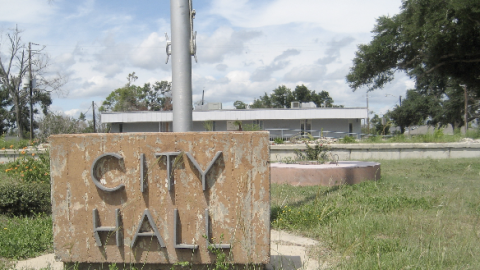Community First

Media’s big guys generally aren’t doing so well, but as last week’s State of the News Media report found, community and ethnic media continued to grow despite the economic downturn. What can all journalists learn from news outfits that focus on the local?
The Online Journalism Review‘s Robert Hernandez recently made the bold assertion that, “for many, the local newspaper isn’t dying – it’s already dead.” Hernandez argues that “if you are white, and probably a male, you may not have noticed that we’ve been living in this doomsday scenario for years, if not decades,” but that for everyone else, for “African Americans, Native Americans, Asian, Latino… or gays… or under 25… or female… they know that their communities have been, and continue to be, routinely left out of their newspaper.” So while the big dailys lose readers and advertisers and cut sections and shed reporters, the smaller, more focused papers are filling the gaps: “The last time I visited a local taqueria in Seattle,” Hernandez says, “I found about four Spanish-language newspapers chock full of ads….The community didn’t wait for the newspaper to tell their stories or cover their struggles, they did it themselves.”
One of the Web’s greatest strengths is that it so easily facilitates niche media: set up a site with a very specific mission and purpose, publicize it effectively, and users with an interest or stake in your site’s mission will start coming in. But such niche media too often overlooks the local in favor of the global. Community–in all the forms a community can take–and local media outlets serve as fora and common reference points for a location, a community, and creates an atmosphere of interconnectedness and empowerment. These are not just lofty aspirations, but also realistic and necessary, as Hernandez’s taqueria anecdote suggests: when a community is underrepresented in the media–as the focus of content or as its producers–they’ll just start representing themselves.
Traditional media outlets have largely dropped the ball on serving local communities, for obvious and not entirely negative reasons: they operate on a national or international scale. But by trying to cover news on a national scale they often recreate the power politics of the national stage. This is playing out in interesting ways as mainstream media companies struggle to find ways to maintain the current media system, as Scott Sanders and James Owens explain in their Editor & Publisher Op-Ed: “virtually every emerging model to ‘save journalism’ presented by…media professionals…reproduces old hierarchies that exclude disadvantaged communities from decision-making.” Local and community journalism tries to work against these hierarchies, and may therefore provide workable models for the future of journalism.
Image courtesy Wikimedia Commons, user Infrogmation.





